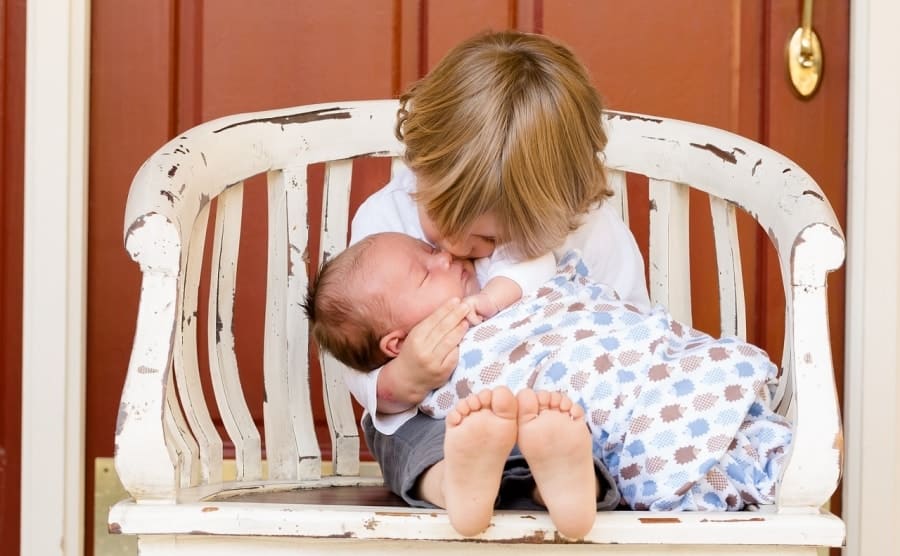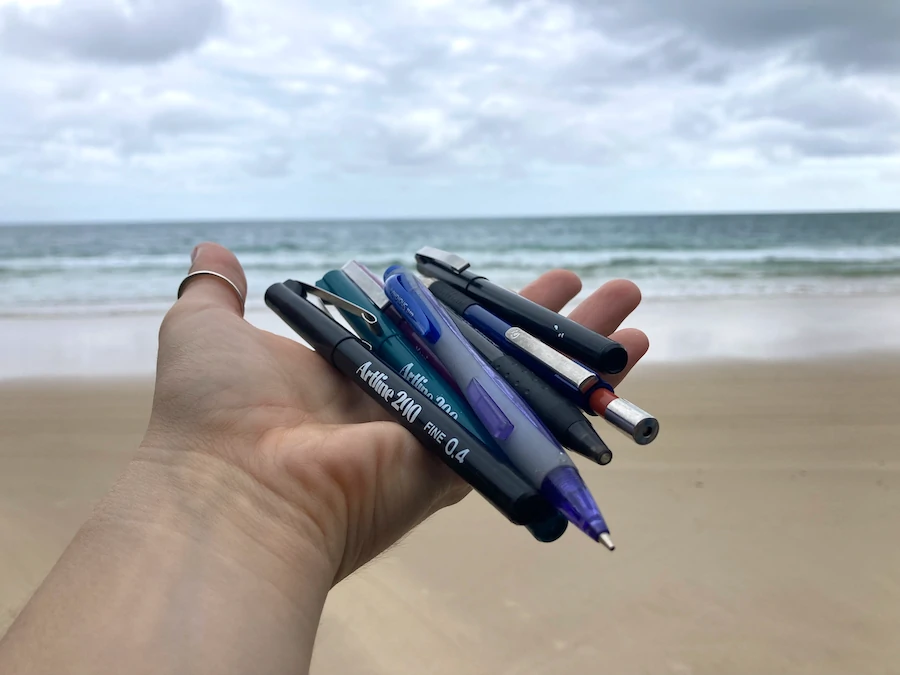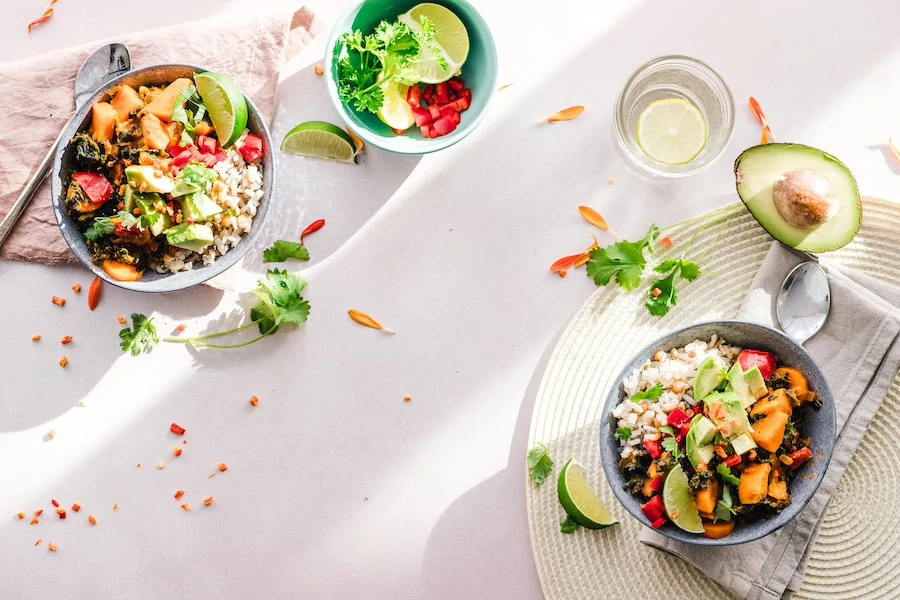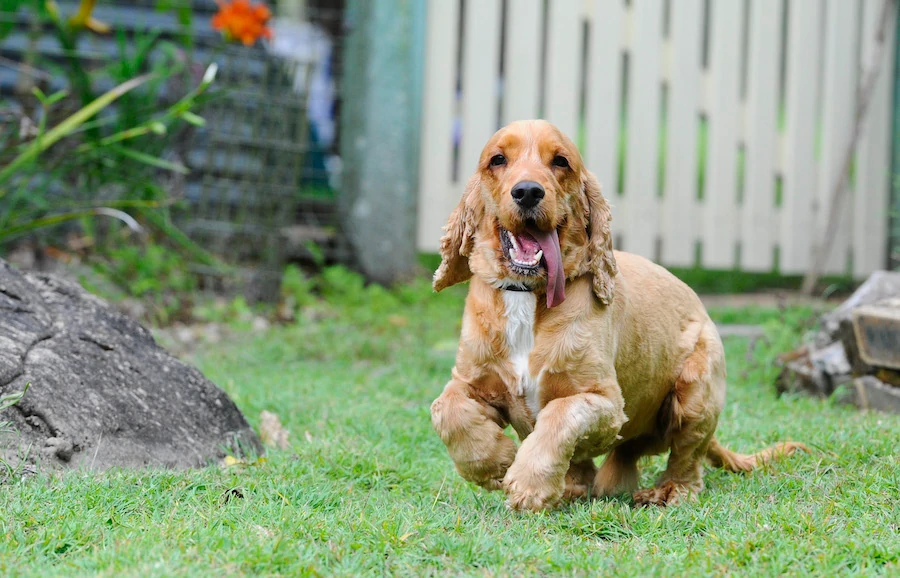
Your baby probably interacts with a number of different materials throughout the day, most likely a lot of plastic. However, more eco-friendly materials, like bamboo and hemp, have found their way into the daily lives of our babies. If you have clothes or other fabrics made out of bamboo they’re likely made from viscose, which begs the question “Is bamboo viscose safe for babies?”
So, is bamboo viscose safe for babies? Bamboo viscose is safe for babies since the fabric is made out of bamboo, which is naturally antibacterial, antifungal, hypoallergenic, and UV protection. Other bamboo fabrics, such as lyocell-Tencel, are similar to bamboo viscose and are safe for babies.
There are so many products our babies interact with that it’s important to understand what’s safe and what needs to be avoided. Unfortunately, most products don’t state how they were created or what materials are used to make them. In our modern world full of plastic and other wasteful materials, it’s no surprise that more eco-friendly solutions, like bamboo viscose, have taken the stage.
Bamboo Viscose Is Safe for Babies
Bamboo has a lot of amazing features for babies and adults alike. You’ve probably seen products being made out of pure bamboo while you’re shopping, especially items you’ll find in the kitchen, living room, and bathroom. These solid physical products are made directly from the bamboo plant, which requires very little processing.
When considering bamboo products that are made into fabrics, such as clothes, bedsheets, and towels, that strong, sturdy, eco-friendly bamboo plant needs to be converted somehow into the amazing fabric that it could be. Well, that process can take some time, but it always produces a safe fabric for babies.
Some of the best reasons why bamboo viscose is safe for babies is because it’s:
- Antibacterial
- Antifungal
- Hypoallergenic
- UV protectant
- Breathable
- Water absorbant
- Soft
Probably my favorite reason for getting bamboo viscose for my babies is that it’s 100% naturally antibacterial. What this means is that it take an active role in resisting bacteria that’ll likely find its way to my baby. Let’s face it, babies aren’t the cleanest people out there, which is why bamboo viscose being antibacterial is a great reason it’s safe.
The fact that bamboo viscose is antifungal is also a huge plus because your towels, clothes, bedsheets, pillowcase, or anything else made from bamboo viscose won’t smell funky as fast as other materials. Unlike more traditional materials, like cotton and polyester, bamboo viscose is able to stay fresh and clean for much longer, which is also very eco-friendly since it can last longer without being washed.
Keeping our babies safe from developing allergies is a top priority, which is why I’m more than grateful that bamboo viscose is hypoallergenic. It seems more and more common for children to develop allergies and babies are more susceptible to this situation. For this very reason, there’s no reason not to invest in hypoallergenic fabrics like bamboo viscose.
Getting your baby a dose of vitamin D from the sun is great for their skin, but it’s important to keep that exposure to a minimum. Well, bamboo viscose is naturally UV protectant, so even a thin bamboo viscose product, like a swaddle, will keep your baby safe from harmful UV rays. Bamboo viscose curtains are also a great way to do this, which is just another reason why bamboo viscose is safe for babies.
I personally own a bunch of clothes made out of bamboo viscose and one of the things I noticed right away is how breathable the fabric is compared to other materials. It’s also extremely good at keeping my body temperature regulated properly, so staying warm in the winter or cool in the summer is no problem when wearing clothes made out of bamboo viscose.
Bamboo viscose is also very good at absorbing water and sweat. Compared to cotton, it’s able to absorb water 3-4 times more, keeping your body comfortably dry. No one wants to feel sticky when wearing their clothes, which is why bamboo viscose is such an amazing fabric for babies as well as adults.
On top of all of that, bamboo viscose is one of the softest fabrics your baby will encounter, keeping their skin safe and sound. Not only will your baby’s skin be safe from rougher materials, but it’ll also give them a sense of comfort not as easily achieved when wearing more traditional fabrics, especially cotton.
Bamboo Viscose vs. Cotton
You might be wondering “Why should I even care about using bamboo viscose products?” Well, the majority of products that are fabric-based are made out of cotton or a mix of cotton and other materials. The reason this is the case is that cotton is an incredibly cheap material to produce in the financial sense.
Unfortunately, cotton is extremely expensive on the eco-friendly side of things, which makes it one of the worst fabrics we can buy if we want to have a more sustainable world for our children. Thankfully, there are more eco-friendly alternatives to cotton, including organic cotton, hemp, and bamboo.
Bamboo viscose is an eco-friendly solution to cotton for a number of reasons. However, it’s important to note that virtually no fabric is eco-friendly to produce, including bamboo viscose. The difference comes down to how much less harmful is producing one fabric over the other, with cotton being a top perpetrator for being the least eco-friendly.
Unlike bamboo, cotton requires a heavy amount of pesticide and insecticides to grow since it’s always being threatened by damaging weeds, insects, and other pests. This heavy use of harmful chemicals leads directly to chemical runoff into our planet’s waterways, leading to pollution. Bamboo requires zero of these chemicals since it’s naturally antibacterial, antifungal, and antimicrobial.
Cotton also requires a heavy dose of synthetic fertilizers due to it being in high-demand and having to produce a lot of it in a short period of time. This is just another chemical that’s doused over cotton which is not required when growing bamboo.
Another unfortunate outcome of cotton over bamboo is that it requires heavy irrigation, which means water is often diverted from one place to another. This not only changes the structural integrity of the soil where the water used to be, but it also takes away a natural resource from another location, like a town or a city. Bamboo doesn’t need as much water as cotton to grow, which is why bamboo viscose is a great alternative to cotton.
Bamboo viscose, while not free from criticism, is far safer for our babies as well as the planet as a whole. By keeping an eye out on the products we buy for our babies, we can help improve their health and safety by using bamboo viscose instead of cotton.
Is Bamboo Viscose and Bamboo Rayon the Same Thing?
You might have heard people talking about bamboo viscose and bamboo rayon interchangeably. Well, these two materials are actually different, but one does create the other. Let’s dive into what bamboo viscose and bamboo rayon really are and how they’re involved in the process of producing bamboo fiber.
Bamboo rayon is what makes bamboo viscose. The truth is that bamboo rayon is a cellulose fiber that’s created through a process requiring chemicals and heavy machinery. This process requires such stages of the manufacturing of the bamboo fiber due to the bamboo plant being a hard material similar to wood and hemp.
Now, once bamboo rayon is produced, this fiber is often used to create bamboo viscose, which is what you’ll commonly find your bamboo clothes, bed sheets, towels, and other products made out of. Thankfully, the process which ends up producing bamboo viscose doesn’t leave behind traces of the chemicals used throughout the process.
One of the negative aspects of using bamboo fabrics is that it’s not 100% eco-friendly since the use of chemicals and heavy machinery often means having to dispose of leftover chemicals that pollute the planet. That’s why is so important to purchase bamboo viscose that states it disposes of the chemicals properly and doesn’t use bleach with chlorine.
Final Thoughts
In the end, bamboo viscose is 100% safe for your baby, so you don’t have to worry about any health issues when it comes to this amazing fiber. With bamboo viscose being UV protectant, hypoallergenic, and many other great qualities, you should feel secure knowing they’re not being exposed to any harmful chemicals or irritants.
Bamboo viscose is also a fantastic alternative to cotton and other not-so-eco-friendly materials. Keeping our babies safe most definitely includes keeping the planet safe, since we’ll be passing it down to them in the future. By using eco-friendly products that are safe for our babies, we can be a part of the solution instead of the problem.



